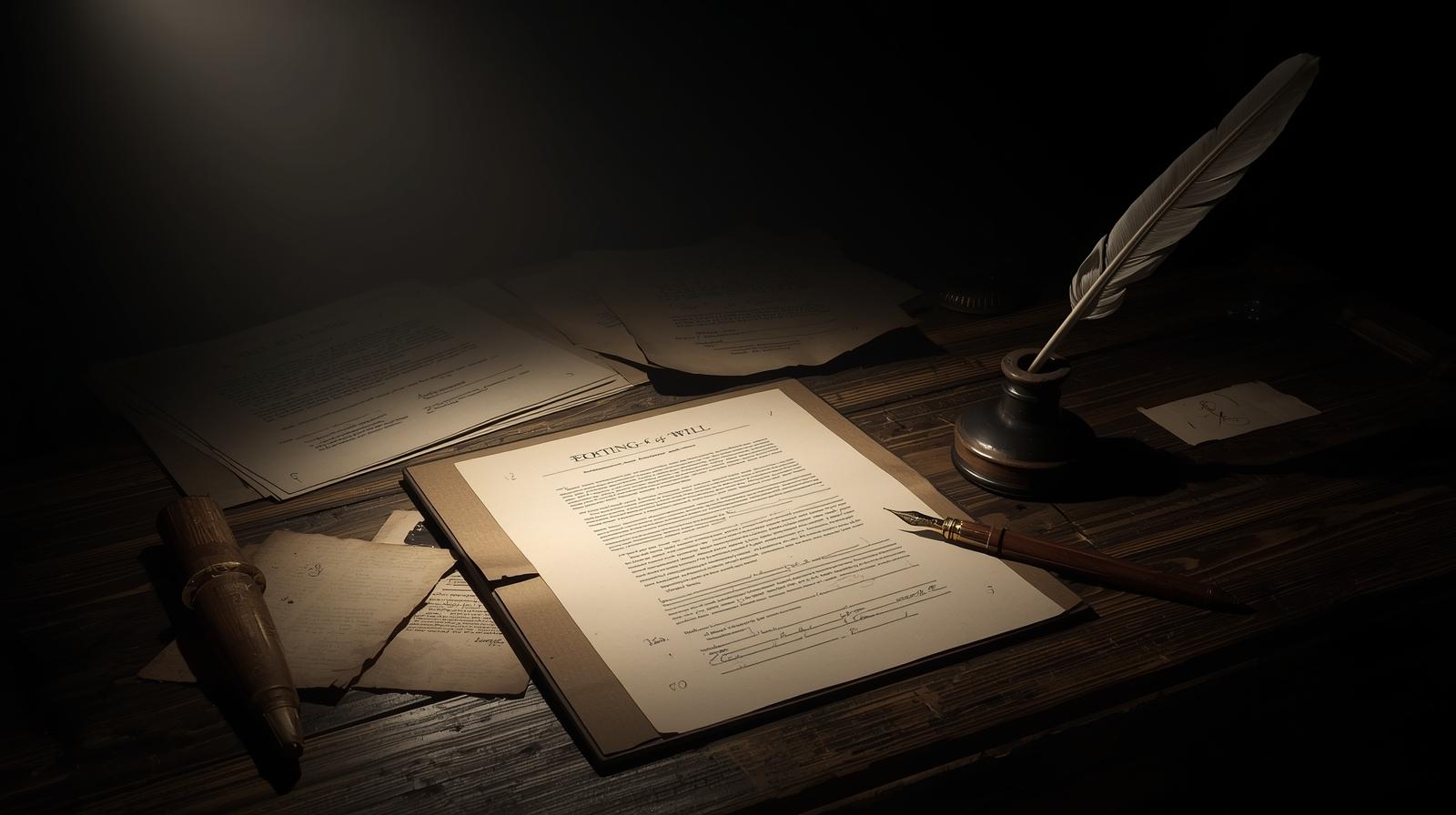Don’t Leave It to the Courts: The Risk of Dying Without a Will
When a loved one passes away without a will, the pain of loss is often made worse by legal confusion. Dying without a will means the court decides what happens to everything you’ve worked for—your home, your belongings, even who cares for your children.
At B’resheet, we believe every family—no matter their background or income—deserves to protect their legacy and loved ones. Let’s break down what happens if you die without a will and how to prevent it.
What Happens If You Die Without a Will?
When someone dies without a legal will, it’s called dying intestate. That means the state decides how your estate is divided, often using old rules that may not reflect your wishes.
The Court Takes Over
Without a will:
- The court picks an administrator (not always someone you’d choose).
- Your property is divided based on state law, not your relationships.
- Minor children may be placed with a court-appointed guardian.
Even if you’ve told your family what you want, verbal promises hold no legal power in court.
Why It’s Risky for Families—Especially Underserved Ones
For families with fewer financial resources, the impact of intestacy can be devastating. Legal fees, delays, and conflict can:
- Eat into your estate’s value
- Causes painful family disputes
- Delay access to life insurance, property, and bank accounts
Underserved communities are especially vulnerable if they haven’t had access to estate planning support. At B’resheet, we’re working to change that.
Who Needs a Will? (Hint: Probably You)
You don’t have to be wealthy to need a will. If you:
- Own a home
- Have children
- Want to leave personal items to someone
- Care about what happens after you’re gone…
…you need a will.
Young Adults Building Wealth
Even if you’re just starting, writing a simple will can:
- Protect your savings and belongings
- Choose who gets what
- Ensure your wishes are honored
Older Adults Planning Ahead
Make sure your home, insurance, and sentimental items go where you want them to. Avoid court costs and protect your family from added stress.
How Do You Write a Will?
Creating a will is more accessible than you think.
Option 1: DIY with Caution
There are online tools, but make sure they’re legally valid in your state. We recommend reviewing it with a professional.
Option 2: Work with a Legal Expert
An estate planning attorney can:
- Help you cover everything (home, accounts, guardianship)
- Make sure your will meets your state’s laws

Free Resources
Check out this estate planning guide from Investopedia and HUD’s tips for seniors.
Call to Action: Protect Your Legacy Today
Don’t leave your loved ones guessing.
📥 Download our free Simple Will Planning Checklist
📞 Contact us to get personalized help with estate planning
📚 Learn more about estate planning basics
Frequently Asked Questions
What if I die without a will and have kids?
The court decides who will care for your children and manage their inheritance. It may not be who you would choose.
Can my spouse get everything if I don’t have a will?
Not always. Most states divide your estate between your spouse and children, even if your children are from another relationship.
How do I start writing a will?
Start by listing your assets and choosing who should receive them. Then talk to a legal professional or use a trusted template designed for your state.
Is it expensive to write a will?
No. Some legal clinics or nonprofits offer free or low-cost options. DIY templates are affordable but should be reviewed by an expert.
Do I need a will if I don’t own a home?
Yes. A will can still protect your personal items, savings, and state who gets what.
What happens to my debt if I die without a will?
Your estate pays off debts before anything is passed on. A will helps make that process smoother.
Can I change my will later?
Yes! You can and should update it after major life changes like marriage, a new baby, or buying a home.
